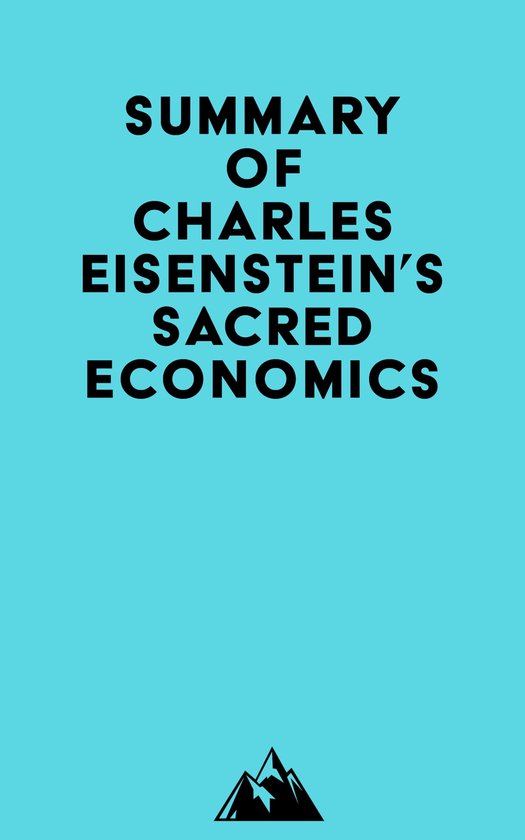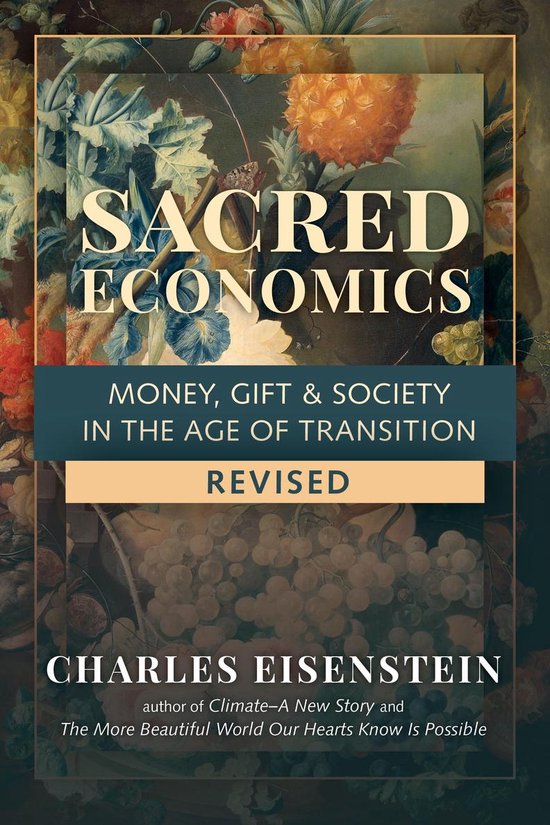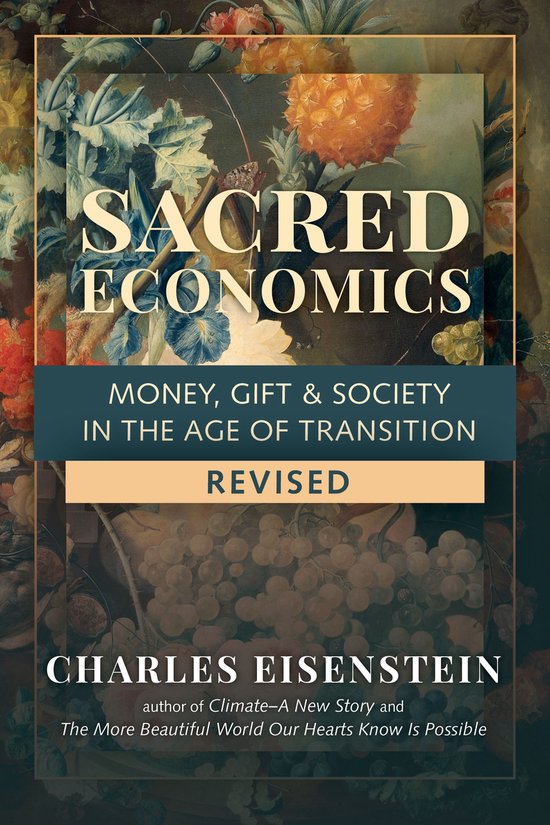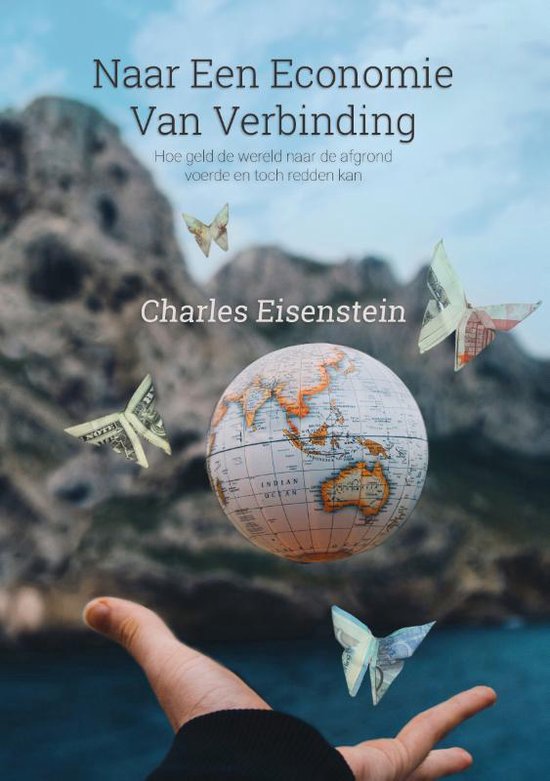
Summary of Charles Eisenstein's Sacred Economics
Please note: This is a companion version & not the original book. Sample Book Insights: #1 We are born helpless infants, and we are given everything we need to survive. We are grateful for this, and it is the truth of our existence. We feel the same reverence and gratitude when we observe the magnificence of nature, the miraculous complexity and order of an ecosystem, an organism, or a cell. #2 The most important mode of economic exchange in primitive communities was the gift. While gifts can be reciprocal, they are also often exchanged in circles. I give to you, you give to someone else, and eventually someone gives back to me. #3 The kula system is a gift network that extends to all sorts of utilitarian items, food, boats, labor, and so forth. Gifts flow continuously, only stopping in their circulation when they meet a real, present need. #4 The conventional explanation of how money developed is that it evolved from barter. However, this is not supported by anthropology. The only instances of barter were for petty, infrequent, or emergency transactions, just like today.
| Auteur | | Everest Media |
| Taal | | Engels |
| Type | | E-book |
| Categorie | |




